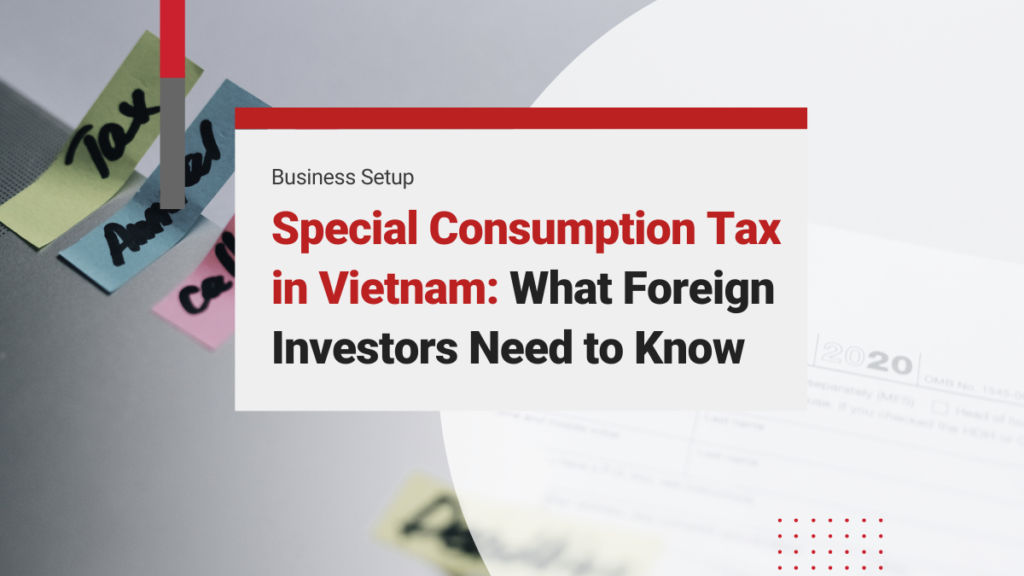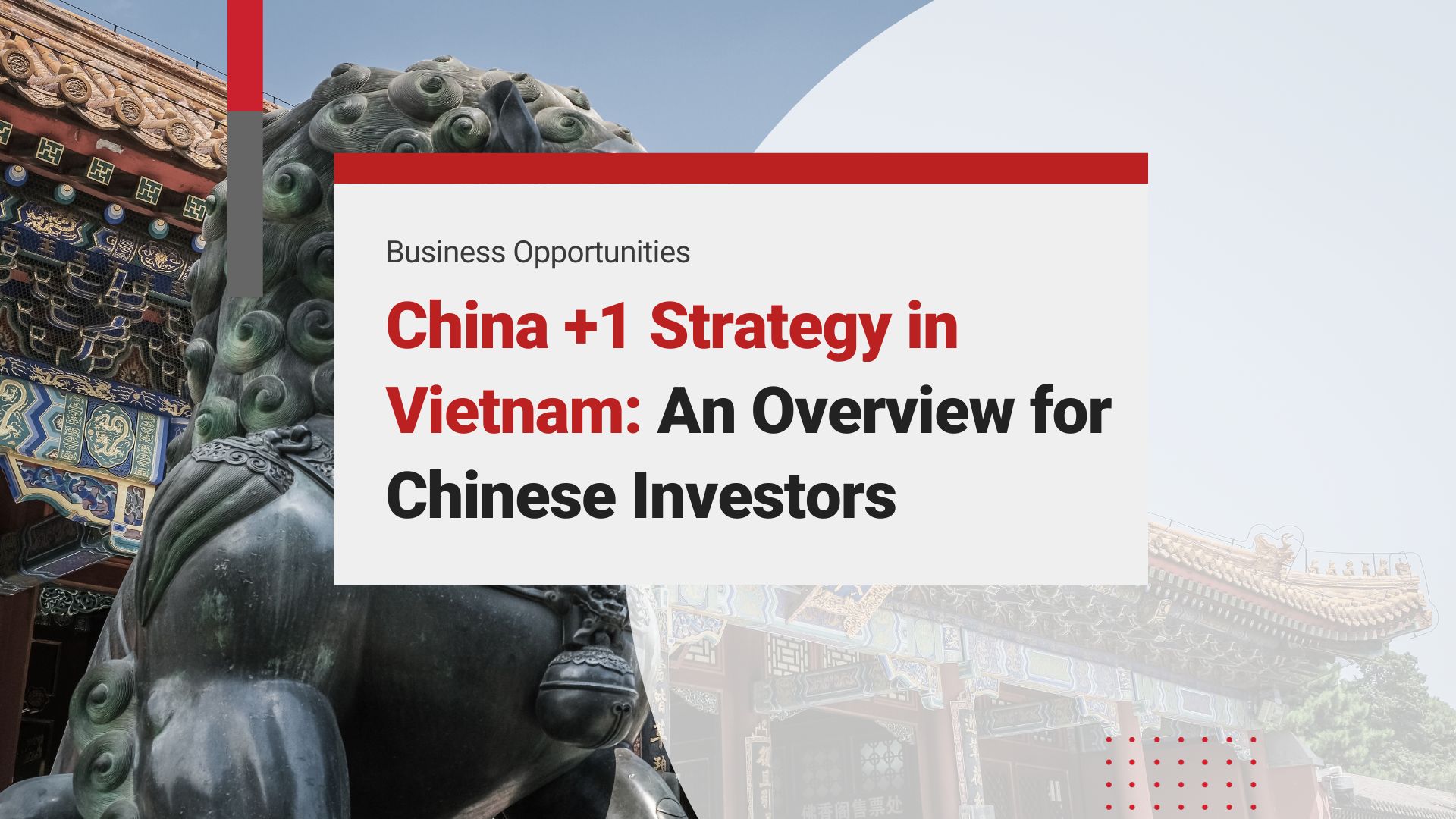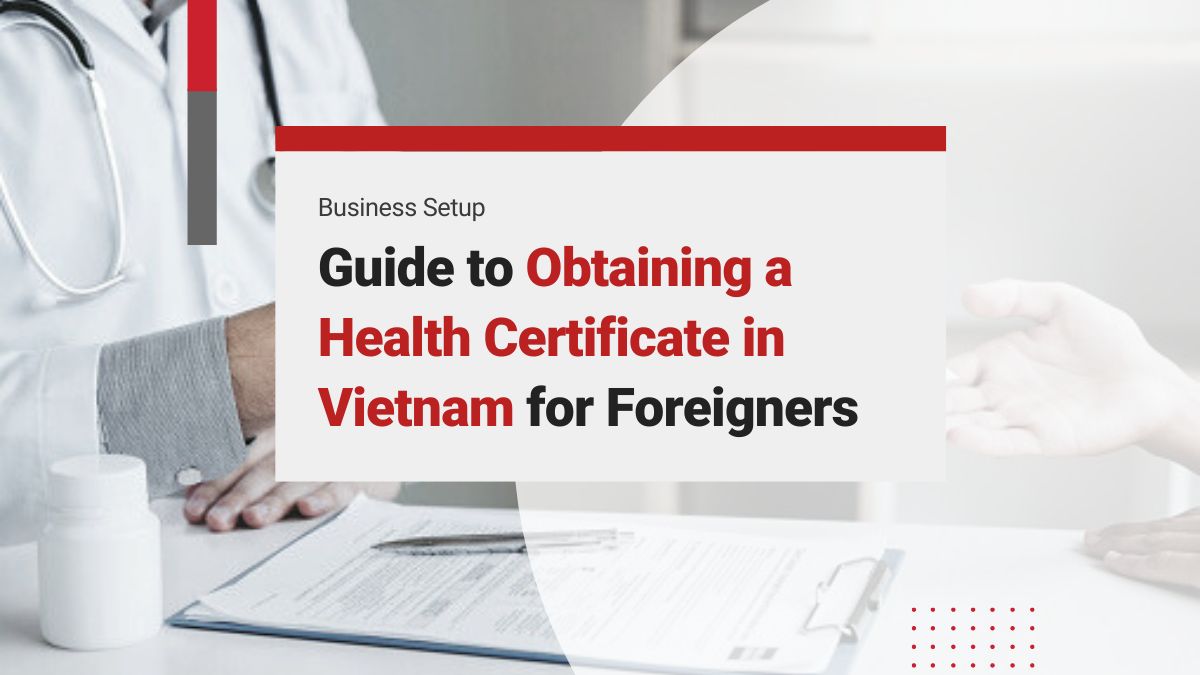Vietnam’s Special Consumption Tax (SCT) is imposed on luxury and non-essential goods to both regulate consumption and boost state revenue. Products like tobacco, alcohol, automobiles, and certain services fall under its scope, with tax rates varying widely based on the item’s impact on health and society. For companies operating in Vietnam, understanding such tax structures often goes hand in hand with managing broader accounting and taxation services to ensure full compliance.
This article breaks down SCT’s key features, including how it’s calculated, applicable tax credits, and exemptions. It also explores upcoming policy shifts that may increase rates on health-related products, helping businesses stay informed and compliant in an evolving tax landscape.
Overview of Vietnam’s Special Consumption Tax
Vietnam’s Special Consumption Tax (SCT) is an excise tax that specifically targets luxury and non-essential products. The primary purpose of SCT is to limit the consumption of certain goods and services, particularly those considered luxury items or harmful products such as tobacco and alcohol. This tax policy not only aims to curb consumption but also generates significant revenue for the state, contributing to the broader economic framework.
The legal foundation of SCT is robust, outlined in the National Assembly Law on Special Consumption Tax, which has been in place since 2008 and has been amended over the years to adapt to changing economic and social needs. This law ensures a clear and enforceable structure for the implementation of SCT, making it a critical component of Vietnam’s tax policy landscape.
Scope of Special Consumption Tax in Vietnam
The scope of Vietnam’s Special Consumption Tax (SCT) is notably broad, encompassing 11 categories of goods and six categories of services intended for limited production or consumption.
This extensive reach of the tax means that both tangible products and certain services fall under its purview, differentiating Vietnam’s tax policy from that of many other nations. For instance, while luxury cars and tobacco products are commonly taxed items, SCT in Vietnam also applies to specific entertainment services like dance halls and casinos.Tobacco products, alcoholic beverages, and luxury automobiles are among the key items subject to SCT. For example, the tax rate for tobacco products can be as high as 75%, reflecting the government’s intent to discourage smoking due to its health implications.
SCT also applies to entertainment services like dance halls and casinos, with tax rates between 20% and 40%, reflecting the policy’s broad scope. Notably, electric vehicles benefit from a reduced SCT rate—just 3% for battery-powered cars from March 1, 2022, to February 28, 2027—highlighting the government’s push for greener, more sustainable transportation.
Explore More: Tax and Legal Advisory Services In Vietnam
Tax Rates for Special Consumption Tax
Tax rates under Vietnam’s Special Consumption Tax (SCT) vary significantly depending on the product or service in question. For instance, the tax rate for cigars and cigarettes is 75%, while certain alcoholic beverages are taxed at 65%. These high rates reflect the government’s aim to curb the consumption of products deemed harmful to public health. Similarly, services like discos, karaoke, and casinos are taxed at rates ranging from 15% to 40%, showcasing the diverse application of SCT.
Recent legislative amendments have proposed even higher tax rates on alcohol, sugary drinks, and tobacco to promote public health. These changes indicate a broader trend toward using tax policy as a tool for public health management to increase state budget revenue. The rates also vary based on specific attributes of the products, such as the cylinder capacity of vehicles, with higher rates applied to larger engine capacities. The draft amended law reflects these ongoing efforts.
These varying tax rates are crucial for businesses navigating pricing strategies and compliance. For consumers, these rates influence the cost of goods and services, affecting purchasing decisions and consumption patterns. As Vietnam continues to adjust its tax policies, staying informed about these tax rates becomes increasingly important.
Calculation Methods for SCT
The calculation of Vietnam’s Special Consumption Tax (SCT) involves a specific formula:
SCT Payable = Taxable Price × Tax Rate.
This method ensures that the tax is accurately computed based on the value of the goods or services, excluding other taxes like the Environmental Protection Tax (EPT) and Value Added Tax (VAT).
Read Related: Vietnam Tax Calculator and Corporate Tax Insights on Tax Codes in Vietnam for Individual Investors
Determining Taxable Price
Determining the taxable price for SCT purposes involves several steps. The taxable price is essentially the selling price minus specific taxes such as SCT, environmental protection tax, and value-added tax. This calculation ensures that the SCT is applied to a base price that excludes other tax burdens.
The selling price is adjusted to exclude certain taxes like VAT to establish the taxable price, ensuring the SCT reflects the true value of the product or service being taxed. For example, if a product is sold with a promotional discount, this adjustment is factored into the taxable price. This detailed approach prevents tax avoidance and ensures fairness in the tax system.
Calculating the SCT requires careful application:
SCT Amount Owed = Taxable Price × Corresponding Tax Rate
This formula ensures that the correct amount of tax is levied based on the value of the goods or services, maintaining consistency and transparency in the tax system.
Read More: Value-Added Tax in Vietnam: Understanding and Navigating VAT for Business Success
SCT Refund Conditions
Clearly defined refund conditions allow taxpayers to reclaim SCT paid under specific circumstances. For example, goods that are temporarily imported and then re-exported are eligible for a refund of the SCT paid. This provision is particularly beneficial for businesses involved in international trade, as it prevents double taxation and supports global commerce. Additionally, refunds are permissible for imported raw materials used in the production of export goods and for excess tax paid due to mergers or bankruptcies.
Read Related: VAT Refund Vietnam for Foreigners: A Guide to How to Claim VAT and Tax Relief
Tax Credits and Deductions
Vietnam’s Special Consumption Tax (SCT) offers various credits and deductions to ease the financial burden on businesses. Manufacturers can claim tax credits for SCT already paid on raw materials used in production, helping lower overall costs and support competitive pricing. This provision plays a key role in maintaining business profitability in SCT-affected sectors.
In addition, businesses may offset SCT paid at the import stage against SCT due at the point of sale, applicable to the relevant portion of imported goods—avoiding double taxation. Companies impacted by natural disasters may also qualify for a tax reduction of up to 30% of their annual SCT liability, offering critical support during challenging periods.
Read Related: Do Foreigners Without Salaries in Vietnam Have to Pay Taxes? How to Comply and Avoid Double Taxation?
Exemptions from Special Consumption Tax
Certain goods and services are exempt from Vietnam’s Special Consumption Tax (SCT), providing relief in specific scenarios. Goods manufactured and directly exported, humanitarian aid, and personal belongings of foreign diplomats are among the items exempt from SCT. These exemptions ensure that essential and humanitarian goods are not burdened by additional taxes, promoting social welfare and international cooperation.
Goods sold in duty-free zones are also exempt from SCT under specific conditions. This provision supports the tourism and retail sectors, making duty-free shopping an attractive option for travelers. Exempting these categories ensures that the SCT primarily targets luxury and non-essential items, aligning with government policy objectives.
Read Related: Business Tax Advisory in Vietnam: Penalty Avoidance and Solutions for International Tax Compliance Issues
Policy Considerations and Future Changes
Vietnam’s SCT policy continues to evolve with ongoing legislative changes aimed at improving management efficiency and public health outcomes. Recent amendments focus on increasing taxes on items such as alcohol and sugary drinks, reflecting a growing emphasis on health-conscious tax policy. These changes aim to reduce the consumption of harmful products and promote healthier lifestyles.
Future SCT changes are expected to enhance transparency and efficiency in tax management while minimizing potential revenue losses. The government is also gathering more evidence to assess the impacts of these policy changes, ensuring that they are both effective and equitable. As these policies evolve, they will likely have significant implications for public health and consumer behavior.
Impact on Businesses and Consumers
The impact of SCT on businesses and consumers in Vietnam is multifaceted. For businesses, understanding and complying with SCT regulations is crucial to maintaining competitiveness and avoiding penalties. The high taxation rates can also affect profit margins, as seen in the beverage industry, where profit margins have decreased due to SCT.
For consumers, SCT influences purchasing decisions and consumption patterns. High taxation on products like alcohol and tobacco aims to regulate consumption and promote public health. However, this can also lead to higher living costs and potential tax evasion. The SCT thus plays a regulatory role, shaping market dynamics and consumer behavior.
International Practices and Comparisons
Comparing Vietnam’s SCT to international practices highlights global trends and strategies in tax policy. In 2023, 108 out of 192 countries applied SCT on sugary drinks, reflecting a growing global trend towards using excise taxes to promote public health. Organizations like the World Bank support this trend, advocating for SCT on sugary drinks and other harmful products.
Countries worldwide implement similar taxes on products like alcohol and tobacco to discourage consumption and address public health concerns. However, research indicates that high taxation on sugary beverages may disproportionately burden low-income consumers, raising equity concerns. Additionally, there is no conclusive evidence that sugar taxation effectively reduces obesity rates, with some countries experiencing increased rates despite imposing SCT.
In Vietnam, the overweight and obesity ratio has risen since 2016, further complicating the effectiveness of SCT in addressing health issues. Nonetheless, interdisciplinary cooperation and awareness-raising efforts are recommended to tackle these challenges effectively. Comparing Vietnam’s SCT with international practices offers valuable insights into the potential and limitations of excise taxes in promoting public health.
Find out more about InCorp Vietnam’s Tax Outsourcing Services for Foreign Businesses
2025 Updates: New Law on Special Consumption Tax (Law 66/2025/QH15)
| Feature | Blog (Current SCT Law) | Law 66/2025 (from Jan 1, 2026) |
| Legal framework | SCT governed by Law on SCT (enacted 2008 and amended over time). | New Law No. 66/2025/QH15 passed 14 June 2025; replaces the 2008 Law on SCT. Effective 1 Jan 2026 |
| Objectives | Aim to limit luxury/harmful consumption and raise state revenue (with public health rationale for taxing tobacco, alcohol, etc.). | Emphasizes public-health goals (reduce smoking, alcohol and sugar intake) and environmental incentives (green transport), while boosting revenue and transparency. Explicitly targets unhealthy products (e.g. sugary drinks) and strengthens anti-smuggling/tax compliance. |
| Taxable goods | 11 categories of goods: Tobacco (cigarettes, cigars, etc.), Alcoholic beverages (spirits, beer), Passenger vehicles (engines, <24 seats), Motorcycles (>125cc), Aircraft (private planes), Gasoline (all types), Air conditioners (>24,000 BTU), Playing cards, Votive/joss paper, etc. (final products; components not taxed). | Same 11 categories plus additions/clarifications. New: Water-based sugar-sweetened beverages (>5g sugar/100ml, per TCVN) taxed (8% from 1/1/2027, 10% from 1/1/2028). Retains tobacco, alcohol (spirits, beer), cars (<24 seats – including passenger cars, pick-ups, vans), >125cc motorcycles, airplanes/yachts, all gasoline, ACs (now >18,000 BTU). Only complete products are taxed; components for assembly remain exempt. |
| Taxable services | 6 service categories: Nightclub/disco business, Massage/karaoke, Casinos, Betting (sports/entertainment), Golf, Lottery. (Rates 15–40% depending on service.) | Same 6 categories explicitly listed. Nightclubs; massage & karaoke; casinos and prize-winning electronic games; betting (sports, etc.); golf (courses, memberships); lottery. (Rates updated, see below.) |
| Tax rates (goods) | – Tobacco (cigarettes, cigars, pipe tobacco, etc.): 75% ad-valorem. – Spirits ≥20°: 65%; <20°: 35% – Beer (all types): 65%. – Passenger cars: tiered by engine size (e.g. 10–150% historically). – Motorcycles (>125cc): 20%. – Air conditioners (over 24k BTU): 10%. – Gasoline (standard): 10%; E5: 8%; E10: 7%. – Playing cards: 40%; Votive paper: 70%. (Electric cars 3% until Feb 2027) | – Tobacco: Base 75% (as before) + new specific excise per unit. From 2027, per-pack and per-weight taxes rise annually (e.g. cigarettes from ₫2,000 to ₫10,000/pack by 2031). Total tax remains high, but now a mixed rate+specific system. – Alcohol: Strong spirits (≥20°) remain 65% (2026) but will rise 5% each year to 90% by 2031; Weak spirits (<20°) start at 35% (2026) rising to 60% by 2031. Beer starts at 65% rising to 90% by 2031. (All increases pre-announced for transparency.) – Sugar drinks: Newly taxed — 0% until 2027, then 8% from 1/1/2027 and 10% from 1/1/2028 – Electric vehicles (≤9 seats): 3% in 2026 (as before), then 11% from 1/3/2027 (other EVs up to 15%). – Other goods: ACs (24k–90k BTU) at 10%; motorcycles 20%; yachts 30%; playing cards 40%; votive paper 70%; Gasoline (E0 10%, E5 8%, E10 7%). (Hybrid and biofuel vehicles get percentage reductions on these rates.) |
| Tax rates (services) | Discos/nightclubs, massage/karaoke, casinos, betting, golf, lottery – generally 15–40% (e.g. discos 40%; karaoke ~30%; casinos ~35%; etc.). | Explicit rates: Nightclubs 40%; massage/karaoke 30%; casinos/prize games 35%; betting 30%; golf 20%; lottery 15%. (These replace the broader 15–40% range.) |
| Tax calculation | SCT = Taxable Price × Tax Rate (ad-valorem). Taxable price = selling price excluding SCT, VAT, Environmental Protection Tax. | New hybrid method: SCT = (Taxable Price×Tax Rate) plus (Quantity×Fixed Rate). I.e. retains ad-valorem base and adds an absolute (per-unit) component for certain goods. The taxable price definition remains selling price excl. VAT/EPT (old rules preserved). This change increases precision (e.g. on small-volume alcohol). |
| Refunds / credits | Refundable when goods are temporarily imported then re-exported; credits for SCT on import inputs used in exports; excess SCT (e.g. from mergers/bankruptcy) may be refunded or deducted. | Still allows refunds/credits: imported inputs for export remain refundable, and undeducted SCT on liquidation can be carried forward/deducted. International treaty refunds allowed. Update: The blanket re-export exemption of 2008 is narrowed: if goods exceed time limits or are repurposed (sold) domestically, SCT must be paid. |
| Exemptions | Exempts: goods produced for export (and exported); humanitarian aid; personal effects of diplomats; duty-free sales under conditions; etc. | Expanded exemptions in Law 66: e.g. goods consigned (outsourced) for direct export; goods re-imported and returned to non-taxable parties; certain unregistered vehicles used within historic sites/hospitals; rescue/medical helicopters; special working vehicles (limited zones). (Diplomats, humanitarian, direct exports, and duty-free continue to be exempt.) |
How InCorp Vietnam Can Help?
InCorp Vietnam helps businesses understand and manage Vietnam’s Special Consumption Tax (SCT). They assist in navigating the complexities of SCT regulations, ensuring companies accurately calculate and comply with the varying tax rates. InCorp Vietnam keeps businesses informed about ongoing legislative changes, helping them adapt to evolving SCT policies. This support minimizes risks and allows companies to make informed decisions regarding their operations and pricing strategies within the Vietnamese market.

clients worldwide

professional staff

incorporated entities in 10 years

compliance transactions yearly
Learn the Right Setup for Business
Expansion in the Vietnam
Frequently Asked Questions
What is the special consumption tax in Vietnam?
- The Special Consumption Tax (SCT) in Vietnam is a form of indirect tax applied to certain goods and services considered luxury or non-essential. These include items such as tobacco, alcohol, automobiles, air conditioning units, and services like casinos and massage parlors. The SCT rates vary depending on the type of goods or services, ranging from 10% to 150%. It is levied in addition to Value Added Tax (VAT).






